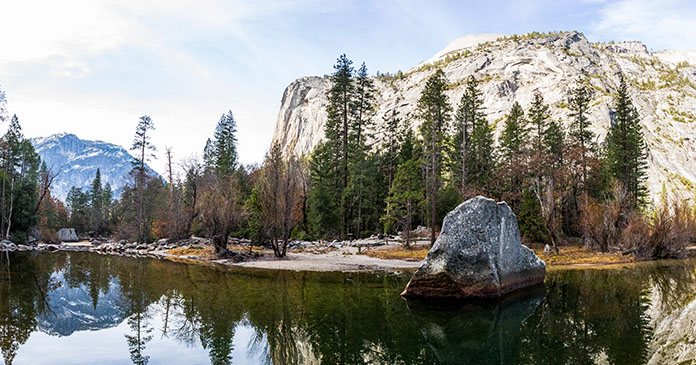In Sackett v. EPA, the Supreme Court ruled 9-0 that the Clean Water Act only applies to wetlands that have a continuous surface connection to bodies that are waters of the United States (WOTUS). This limits the EPA’s ability to regulate development on property with seasonal wetlands.
The plaintiffs in the case were represented by the Pacific Legal Foundation, a public interest law firm with a focus on defending property rights.
From NAA and NMHC statement:
Today’s decision provides long-awaited certainty for property owners and housing providers and properly curbs federal overreach of what defines WOTUS. The apartment industry strongly supports protecting our water resources, but undue and confusing regulations would exacerbate our nationwide housing affordability crisis.
After years of litigation, the Court unanimously agreed that federal authority was lacking in this case and this ruling limits the universe of properties subject to costly and time-consuming federal permits to develop or redevelop housing.
Those additional hurdles would have created permitting delays, added development costs and created additional legal risks that would exacerbate housing challenges in communities across the country.
The National Apartment Association (NAA) and National Multifamily Housing Council (NMHC) applaud news of the Supreme Court’s ruling in Sackett v. EPA that has narrowed federal jurisdiction under the Clean Water Act.
Going forward, NAA and NMHC encourage policymakers at all levels of government to consider housing affordability and the costs that go into the development and rehabilitation of badly needed housing when considering new or expanded regulatory regimes.
From NAHB response:
Alicia Huey, chairman of the National Association of Home Builders and a custom home builder and developer from Birmingham, Ala., today issued the following statement after the Supreme Court handed down its unanimous verdict in the case of Sackett v. EPA:
“Today the Supreme Court issued a unanimous decision in Sackett v. EPA that clearly redefines the scope of the Clean Water Act. The decision represents a victory against federal overreach and a win for common-sense regulations and housing affordability. The ruling will likely affect the Biden administration’s new definition of waters of the U.S. (WOTUS) that gave the federal government jurisdictional authority under the Clean Water Act over certain isolated wetlands, ephemeral streams or even human-made drainage features, like roadside ditches.
“The Biden WOTUS rule does little to strengthen our nation’s water resources but it does radically extend the areas in which home builders are required to get federal wetlands permits. Adding uncertainty and delay to the federal permitting process needlessly raises housing costs at a time when the nation is already facing a housing affordability crisis.
“With the Supreme Court verdict impacting the worst parts of the Biden WOTUS rule, it’s time for the administration to implement a new durable and practical definition of WOTUS that will truly protect our nation’s water resources without infringing on states’ rights and triggering additional expensive, time-consuming permitting and regulatory requirements.”
From the Pacific Legal Foundation:
“I cannot overstate how big a win this is. The decision—authored by Justice Samuel Alito—clears up 50 years of confusion and puts a check on the EPA’s decades-long mission creep by restoring the scope of the Clean Water Act to what Congress intended.” said Steven D. Anderson, President and CEO of Pacific Legal Foundation, the firm representing Sackett in the case.













